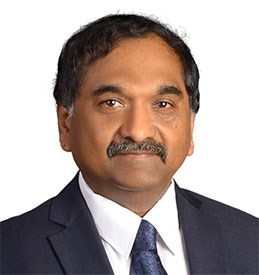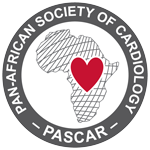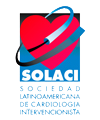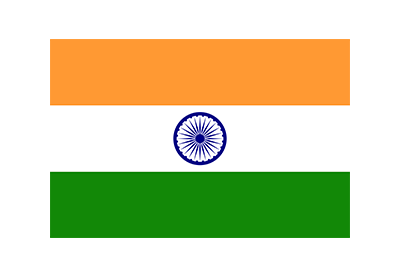India
Local contact

STEMI INDIA
No accurate estimates of heart attacks are available in India, however it is possible that upwards of 3 million heart attacks could occur in India every year. Significant myocardial salvage can occur if reperfusion can occur within 2 hours of onset of symptoms. Data from India suggests that arrival to a hospital is delayed with a median time of arrival of above 300 minutes. Reduction of this delay requires public education on the early signs of myocardial infarction, which is a substantial challenge given India’s low rates of literacy and diverse society. Apart from this, STEMI management protocols and specific training to paramedics, nurses and doctors is not done in any systematic way in India. There is also an acute need for development of a STEMI system of care.
 It is to address these challenges that Dr. Thomas Alexander and Dr. Ajit.S.Mullasari took the initiative and STEMI INDIA was set up as a ‘not for profit’ organisation. It is run by a nine member national board of Directors. The important goals of which are
It is to address these challenges that Dr. Thomas Alexander and Dr. Ajit.S.Mullasari took the initiative and STEMI INDIA was set up as a ‘not for profit’ organisation. It is run by a nine member national board of Directors. The important goals of which are
- To impart and disseminate the latest information from across the world on STEMI management to all those involved in STEMI care in India
- To help organise and train STEMI teams in hospitals that treat STEMI.
- Develop systems of care appropriate to STEMI care in India
- Facilitate & contribute to developing a national STEMI guideline & work towards developing a national STEMI program
- Public education – To reduce delays in accessing appropriate care
- Help organisations and individuals doing research or projects in STEMI with expertise and, where feasible, funding.
STEMI INDIA recently organised an International STEMI meeting at Chennai from the 6th to the 8th of July. The meeting brought together top experts from across the word to train doctors, nurses and paramedics on the latest in heart attack management. The aim was to develop a ‘STEMI team’ at each hospital that treats heart attack patients so that they develop the capability of quickly and efficiently treating heart attack patients. This year’s meeting was graced by 113 Faculty and 560 delegates. The next conjoint meeting of ACT 2013 and STEMI INDIA will be held from 12th to 14th of July 2013 at Chennai.
To assess the feasibility of developing a model for STEMI systems of care in India, the Kovai Erode Pilot STEMI initiative was launched within a large rural district of Tamilnadu. This quality improvement programme utilised both fibrinolytic therapy and PCI as acute reperfusion therapy, involved numerous providers and hospitals, and focused on a population level approach, rather than care delivered at a single hospital.
During approximately the first 6 months, 84 patients received care within this quality improvement programme. A total of 45 (54%) patients travelled from the outer grid hospitals. The mean time of arrival from symptom onset was 170 min, with 77% of patients arriving by ambulance with a mean transport time of 44 min (5 – 99 min). The mean time from hospital arrival to PCI was 69 min for patients undergoing primary PCI while the mean time to PCI after fibrinolytic therapy with the pharmacoinvasive strategy was 480 min.
Based on the Kovai Erode Pilot STEMI initiative, plans are underway for an expanded, STEMI systems of care programme in Tamilnadu. Key partners will be the government insurance programme (and its administrative private partners) and the GVK EMRI ambulance system. Technology has been developed by STEMI INDIA using a handheld device. This is a multi-purpose device that is an ECG recording device, vital sign monitor and a data entry and transmission device. The ECG and data entered are transmitted to ‘on call cardiologists’for decision making. This will help overcome some of the infrastructure deficiencies.
The ‘Tamilnadu STEMI Project’ is an ICMR approved and funded project that is developing a pilot project in 4 clusters across Tamilnadu. The 4 hub and spoke centres will have the following hubs
- Madras Medical College, Chennai
- MMM Hospital Chennai
- CMC Hospital, Vellore and
- Kovai Medical Center and Hospital, Coimbatore
Based on the 9 month experience with these clusters, we plan to extend it across the state and this could be a model for a national STEMI program. The first investigator’s meeting was held during the recent STEMI INDIA meeting at Chennai.
Dr. Thomas Alexander







